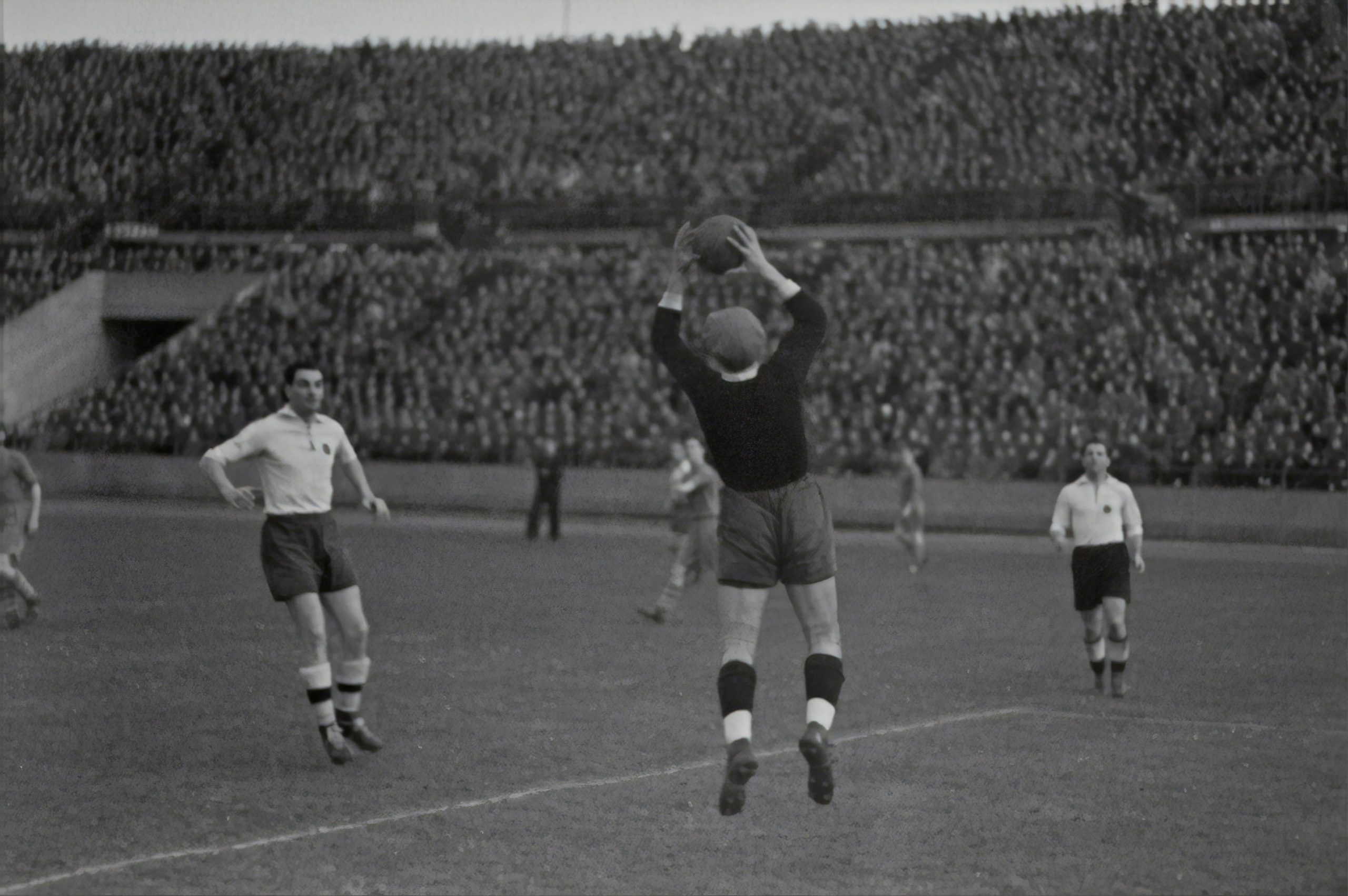
Mental Health Resources for Competitive Athletes
Competitive athletes face unique mental health challenges due to the pressures of performance, intense training regimes, and the demanding nature of their careers. It’s crucial for athletes to prioritize their mental well-being alongside their physical fitness. Fortunately, there are various resources and strategies available to support athletes in maintaining good mental health.
Importance of Mental Health for Athletes
Athletic performance isn’t solely dependent on physical prowess; mental strength plays a significant role. Issues like performance anxiety, burnout, and stress can affect an athlete’s performance and overall well-being. Addressing these concerns proactively is essential for sustained success and enjoyment in sports.
Types of Mental Health Resources
Several types of resources are available to help athletes manage their mental health:
- Sports Psychologists: These professionals specialize in helping athletes develop mental skills such as focus, resilience, and stress management.
- Counseling and Therapy: Athletes can benefit from therapy to address issues like anxiety, depression, or relationship problems that may impact their performance.
- Online Platforms: Websites and apps offer mental health tools specifically designed for athletes, providing resources on mindfulness, relaxation techniques, and performance optimization.
- Support Groups: Connecting with other athletes facing similar challenges can provide valuable peer support and encouragement.
- Education and Workshops: Many organizations offer workshops and educational sessions on mental health awareness and coping strategies for athletes.
Case Studies and Examples
Consider the case of Simone Biles, an Olympic gymnast who openly discussed her mental health struggles during the Tokyo 2020 Olympics. She highlighted the importance of prioritizing mental well-being, even in the midst of intense competition.
Another example is Michael Phelps, the most decorated Olympian of all time, who has been vocal about his battles with depression. Phelps has advocated for mental health awareness in sports and has worked to reduce the stigma surrounding seeking help.
Implementing Mental Health Practices
Athletes can incorporate various practices into their routines to support their mental health:
- Mindfulness and Meditation: Practices that promote mindfulness can help athletes stay focused and manage stress.
- Setting Realistic Goals: Establishing achievable goals can reduce pressure and improve motivation.
- Developing a Support Network: Building relationships with coaches, teammates, and mental health professionals creates a strong support system.
- Recognizing Signs of Burnout: Understanding the signs of burnout, such as fatigue and decreased performance, allows athletes to take timely action.
- Healthy Lifestyle Choices: Proper nutrition, adequate sleep, and regular exercise are crucial for both physical and mental well-being.
Conclusion
In conclusion, mental health is a vital aspect of athletic performance and overall well-being. By utilizing the diverse array of resources available, athletes can strengthen their mental resilience, improve their performance, and enjoy sustainable careers in sports. It’s essential for athletes, coaches, and sports organizations to prioritize mental health initiatives to create a supportive and successful athletic environment.
Remember, seeking help is a sign of strength, not weakness. Athletes who prioritize their mental health are better equipped to navigate the challenges and triumphs of competitive sports.



